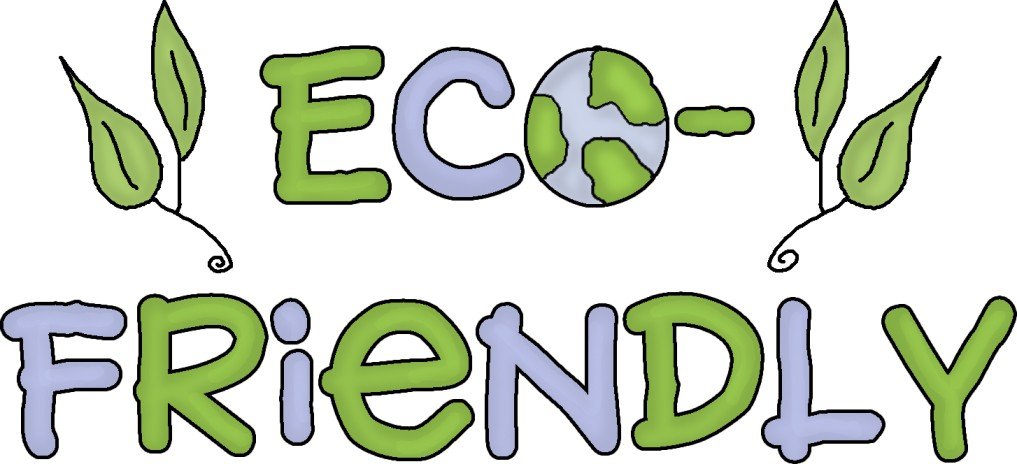
In an increasingly globalized marketplace, the emphasis on quality, especially in ubiquitous items like backpacks, has become paramount. As backpacks blend design, material, and craftsmanship, they serve as a reflection of functionality, aesthetics, and users’ values. With the surge in global trade, businesses now source backpacks from around the world, offering a plethora of choices, competitive pricing, and access to niche markets. However, this vast array of options poses a challenge: ensuring top-notch quality amidst a sea of global suppliers, a journey we’ll explore further in this guide.
1. Starting the Global Search
Embarking on a global search for quality backpack suppliers demands a strategic approach. The first step is thorough Research and Market Analysis. This process involves a deep dive into understanding the specific needs and preferences of consumers. Are they looking for ergonomic designs suitable for long treks, or are they leaning toward minimalist designs for urban commuting? Do they prioritize sustainability, tech integration, or perhaps a blend of both? Alongside these consumer insights, staying abreast of popular backpack trends is essential. This could range from the latest color palettes, and innovative materials, to multifunctional features that are garnering attention.
The next pivotal aspect is identifying Geographical Hotspots known for backpack manufacturing. Certain regions or countries have carved a niche for themselves in this domain. For instance, countries like China, Vietnam, and India are often recognized for their large-scale manufacturing capacities and competitive pricing. On the other hand, regions like Europe might be renowned for artisanal craftsmanship and unique designs. Each region brings its benefits; while some offer cost-effective solutions, others might guarantee unparalleled quality or faster shipping routes. However, with these advantages also come challenges, be it in terms of communication barriers, cultural differences in business etiquette, or navigating the complexities of trade regulations and duties.

2. Vetting Potential Suppliers
In the realm of global sourcing, due diligence is a non-negotiable step. Finding the right supplier isn’t just about cost and capacity; it’s about ensuring that the partnership aligns with your brand’s quality and ethical standards. One of the most invaluable steps in this process is Factory Visits. A physical inspection of the manufacturing facility provides insights into the working conditions, the quality of machinery and materials used, and the overall operational efficiency. It offers a firsthand view of the production line, ensuring that practices on the ground match promises on paper.
Next, relying on Samples and Prototypes is crucial. Before making any large-scale commitment, it’s wise to request sample products or prototypes. This allows buyers to assess the quality, durability, and overall finish of the product. It’s an opportunity to identify any potential issues and address them before they escalate into larger, more costly problems in mass production.
Furthermore, Checking Certifications is not just a bureaucratic step but a testament to a supplier’s commitment to quality and best practices. Certifications could range from quality management standards, like ISO 9001, to environmental standards such as ISO 14001 or even specific industry accreditations. These certifications act as evidence that the supplier adheres to globally recognized standards, ensuring consistency and reliability.
Lastly, while all the above steps are crucial, there’s an irreplaceable value in Customer Reviews & References. Real-world feedback from businesses that have previously worked with the supplier can shed light on aspects like punctuality, responsiveness, and post-sales support. Testimonials and references can offer an unfiltered view of the supplier’s strengths and areas of improvement, aiding in making an informed decision.

3. Building Strong Relationships with Backpack Suppliers
Establishing a partnership with a backpack supplier is just the beginning; nurturing and strengthening that bond is what truly determines the success of the collaboration. At the forefront of this relationship-building is Clear Communication. Whether it’s about product specifications, delivery schedules, or addressing hiccups, transparent and prompt communication is indispensable. By clearly defining expectations, timelines, and requirements, both parties can operate with a shared vision, minimizing misunderstandings and maximizing productivity.
Another pillar in building robust supplier relationships is fostering Long-term Commitments. While the market is replete with backpack suppliers, constantly hopping from one to another can be counterproductive. Sticking with a single backpack supplier over the long term can lead to various benefits: better pricing due to volume discounts, faster turnaround times, and a deeper understanding of each other’s operations and values. As the adage goes, “Good partnerships are built over time, not overnight.”
Lastly, to ensure that the quality remains consistent and the partnership retains its value, Regular Quality Checks are essential. Quality assurance isn’t a one-time affair. Regular audits, inspections, and reviews help in identifying potential issues early on, ensuring that the final product remains consistent with the brand’s standards. Moreover, these checks, instead of being punitive, can be constructive, fostering a culture of continuous improvement and mutual growth.

4. Sustainable and Ethical Sourcing
In the contemporary landscape of global commerce, sustainability and ethics are not mere buzzwords but fundamental pillars guiding business decisions. Consumers today are increasingly conscious of their ecological footprint, which extends to the products they purchase, propelling The Rise of Eco-friendly Backpacks. This shift has seen a growing demand for backpacks crafted using sustainable materials, such as recycled fabrics or plant-based dyes, and processes that minimize environmental impact. Brands are not just touting eco-friendliness as a feature but are weaving it into the very fabric of their product narratives.
Parallel to environmental concerns is the pressing need for Ethical Labor Practices. A quality product loses its sheen if it’s a by-product of exploited labor. Ensuring workers’ rights, providing safe working conditions, and guaranteeing fair wages are not just ethical imperatives but also determinants of a brand’s reputation in the market. Conscious consumers today are often willing to pay a premium for products that guarantee ethical sourcing, reinforcing that respect for workers is both a moral and commercial necessity.
To ensure that these principles of sustainability and ethics are consistently adhered to, Supplier Audits become crucial. These regular checks delve beyond superficial promises, assessing on-ground practices, and ensuring adherence to global standards. Audits can examine aspects like waste management practices, carbon footprint, adherence to labor laws, and more. Importantly, these audits act as a feedback mechanism, highlighting areas of improvement, and ensuring that the supplier relationship is rooted in shared values and genuine practices.

5. Case Study: A Successful Partnership
Berlin-based start-up “UrbanPack,” founded by Anna Müller, aimed to produce sustainable backpacks for city dwellers. Struggling to find a supplier that mirrored her eco-friendly vision, Anna stumbled upon “EcoWeave” from Tamil Nadu, India, at a trade fair. Impressed by their commitment to recycled materials and ethical practices, Anna initiated a partnership. This alliance transformed from a modest order into a robust relationship, with their combined expertise creating backpacks that gained popularity across Europe. Three years later, the partnership has grown, with co-launched product lines and community projects, exemplifying the power of global collaboration rooted in shared values and mutual growth.
6. Conclusion
Navigating the world of global sourcing can often feel like venturing into uncharted waters, filled with both promise and pitfalls. However, as our exploration has shown, it’s not merely about finding a backpack supplier; it’s about forging partnerships based on trust, shared values, and mutual growth objectives. The successful alliances in the world of wholesale backpack sourcing are a testament to the power of diligent research, unwavering commitment to quality, and the importance of sustainability and ethical practices. As we stand on the cusp of an increasingly globalized market, it’s evident that businesses that prioritize these principles will not only thrive but also set the gold standard for others to emulate. So, whether you’re a budding entrepreneur or a seasoned buyer, remember that in the intricate dance of global trade, the right partner can help you turn challenges into symphonies of success.
At Airscape, we understand the intricate tapestry of global trade and the importance of finding a reliable, quality-driven partner in this vast landscape. It’s with great pride and enthusiasm that we invite you to explore and source from our extensive range of backpack products. Our commitment to excellence, innovation, and sustainability ensures that when you choose Airscape, you’re not just selecting a backpack supplier – you’re embracing a partner dedicated to the success of your business. Join us on this journey, and let’s co-create products that resonate with markets globally and stand the test of time. Welcome aboard by filling out the form on this page or just click here.

